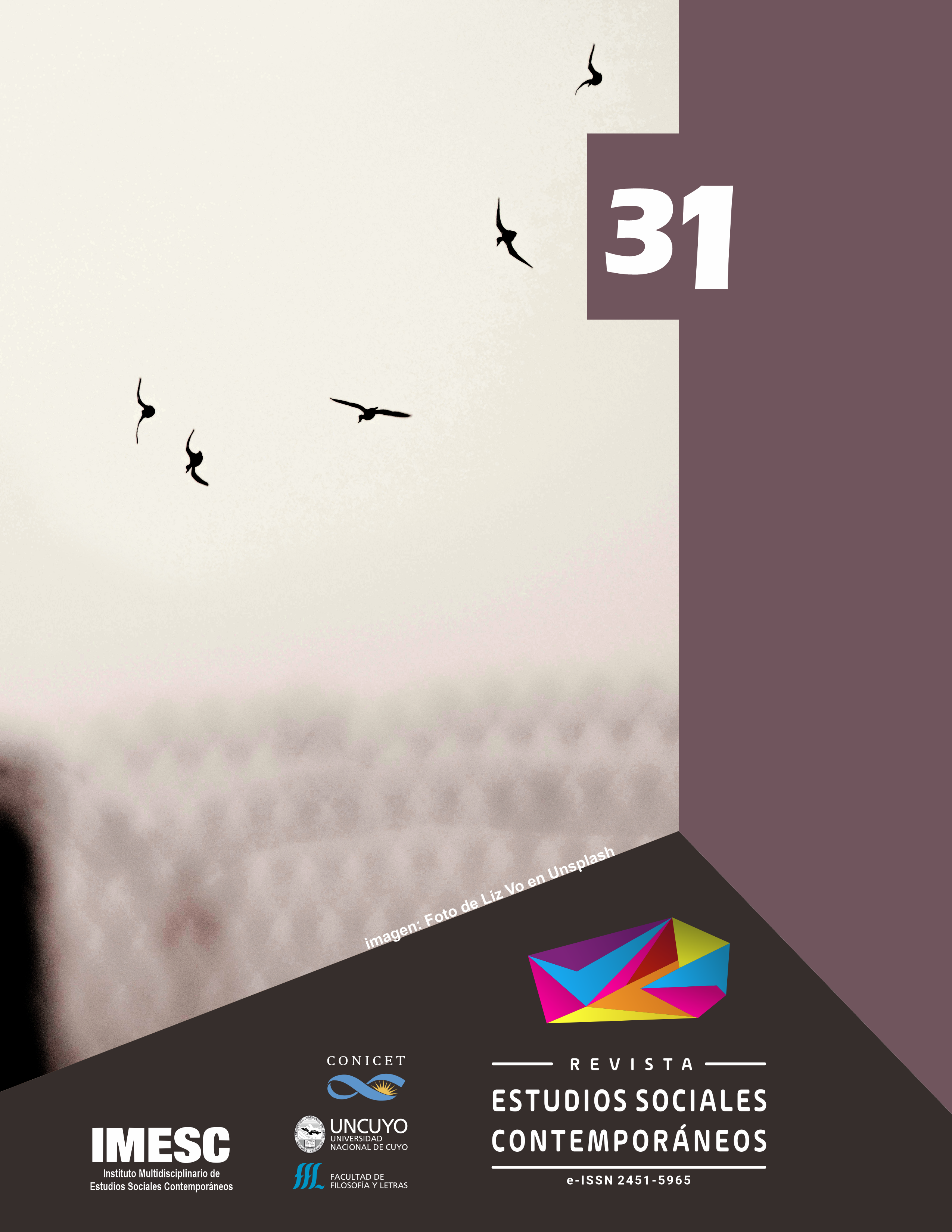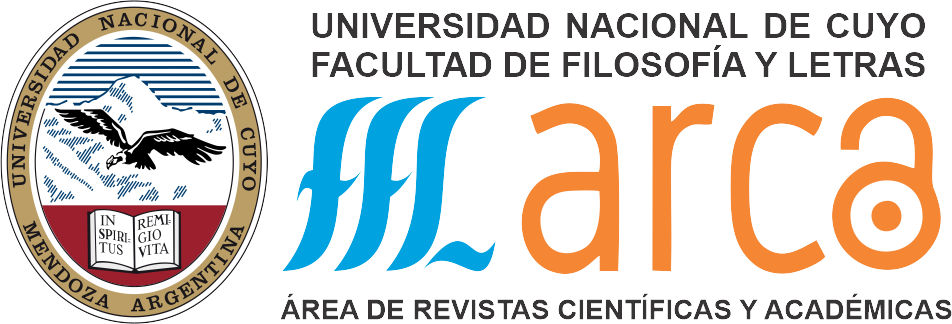Socratic Kierkegaard. Aesthetics, ethics and religion
DOI:
https://doi.org/10.48162/rev.48.084Keywords:
criticism, universality, crisis, ethics-aesthetics, faith, authorAbstract
The objective of this work is to offer an overview of the important meaning that Kierkegaard's trip and stay in Berlin in 1843 implied, summarizing the intellectual climate of this city during the time he stayed there. We will explain how his work On the Concept of Irony served as a model for Kierkegaard to gain recognition as an unquestionably renowned author and thinker of the time. The “law of the excluded third” and its meaning will be defined; We will reflect on the themes of “Aesthete A” as a romantic ironist in “Diapsalmata” in Either/Or, as well as the reception that this last work had. Finally, a comparison is made between the universal and the singular in Fear and Trembling, analyzing the Danish author's perspective regarding the “paradox of faith.” The research concludes by demonstrating that Kierkegaard's aesthetic, ethical and religious thinking, as well as his "ironic philosophizing", could work as a methodological and epistemological imaginary to think critically about the current complexity of social life in the 21st century, beyond typical rationalist thinking of Modernity and its crisis at the end of the 20th century.
References
Hartman, H. (1987). El infeliz matrimonio entre marxismo y feminismo. Cuadernos del Sur, (5), 113-157.
Hegel, G.W.F. (1999). Enciclopedia de las ciencias filosóficas. Alianza editorial.
Heiberg, J. L. (2005). On the Significance of Philosophy for the Present Age and Other Texts. C.A. Reitzel's Publishers.
Kierkegaard, S. (1998). Journals AA-DD. Kierkegaard's Journals and Notebooks, Volume 1. https://press.princeton.edu/series/kierkegaards-journals-and-notebooks
Kierkegaard, S. (2012a). Cuaderno 4. Obras Completas de Søren Kierkegaard. https://www.elejandria.com/autor/kierkegaard-soren/70
Kierkegaard, S. (2012b). Diapsalmata. Obras Completas de Søren Kierkegaard, Vol. 1, 17-43. https://www.elejandria.com/autor/kierkegaard-soren/70
Kierkegaard, S. (2016). Temor y temblor. Epublibre: Titivillus.
https://www.academia.edu/35461889/Soren_Kierkegaard_Temor_y_temblor
Kierkegaard, S. (1982). A Word of Thanks to Professor Heiberg. The Corsair Affair and Articles Related to the Writings (Kierkegaard's Writings), Vol 13.
Kierkegaard, S. (2012c). La crisis y una crisis en la vida de una actriz. Obras Completas de Søren Kierkegaard. https://www.elejandria.com/autor/kierkegaard-soren/70
Kierkegaard, S. (2000). Sobre el concepto ironía. Escritos. Soren Kierkegaard, volumen 1. Editorial Trotta.
Kierkegaard, S. (2010). Diario de un seductor. Biblioteca Virtual Universal. https://biblioteca.org.ar/libros/153822.pdf
Kierkegaard, S. (2018). La repetición. Madrid: Alianza Editorial.
Kierkegaard, S. (2012d). Discursos edificantes. Obras Completas de Søren Kierkegaard. https://www.elejandria.com/autor/kierkegaard-soren/70
Kierkegaard, S. (2012e). Tres discursos edificantes. Obras Completas de Søren Kierkegaard.
https://www.elejandria.com/autor/kierkegaard-soren/70
Kierkegaard, S. (2012f). 18 discursos edificantes. Obras Completas de Søren Kierkegaard. https://www.elejandria.com/autor/kierkegaard-soren/70
Kierkegaard, S. (1941). Postdata final no científica a los fragmentos filosóficos. Journal and Papers, Vol. VI, A541. https://hmong.es/wiki/Concluding_Unscientific_Postscript
Kierkegaard, S. (1985). Mi punto de vista. Sarpe.
Kierkegaard, S. (1951), Etapas en el camino de la vida. Santiago Rueda editor. https://www.libros-antiguos-alcana.com/soren-kierkegaard/etapas-en-el-camino-de-la-vida/libro
Martensen, H. L. (1997). Rationalism, Supernaturalism. The Autonomy of Human Self-Consciousness in Modern Dogmatic Theology. Between Hegel and Kierkegaard. Hans L. Martensen´s Philosophy of Religion, 127-143. Scholars Press.
Platón. Eutifrón. Diálogos. Biblioteca Clásica Gredos.
Schrag, C. (1959). Note on Kierkegaard's teleological suspension of the ethical. Ethics, Vol. 70, No. 1, octubre, https://philpapers.org/rec/SCHNOK
Downloads
Published
How to Cite
Issue
Section
License
Copyright (c) 2024 Carlos Alberto Navarro Fuentes

This work is licensed under a Creative Commons Attribution-NonCommercial 4.0 International License.






















